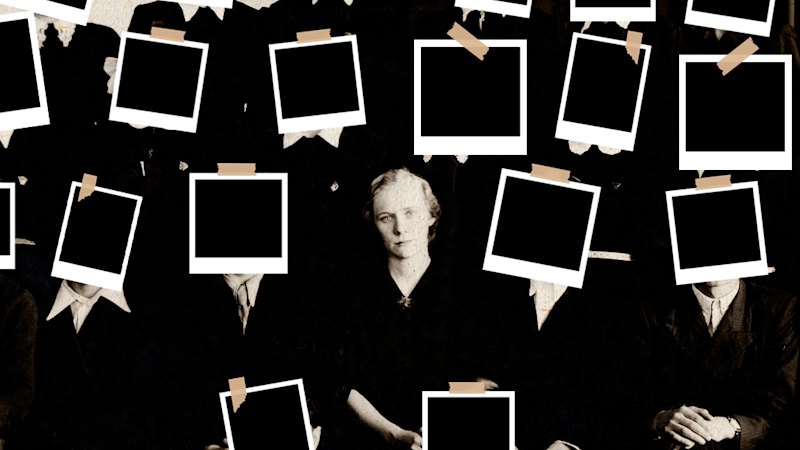
The United Kingdom, Australia, and Canada have formally recognized the State of Palestine, a significant move that underscores ongoing tensions in the Middle East. The UK’s announcement carries historical weight, given its pivotal role in the establishment of Israel post-World War II. Prime Minister Keir Starmer emphasized the need for renewed hope for peace in the region, stating, “Today, to revive the hope of peace for the Palestinians and Israelis, and a two-state solution, the United Kingdom formally recognizes the State of Palestine.”
Starmer’s comments were made against the backdrop of a dire humanitarian situation in Gaza, where ongoing Israeli airstrikes have intensified. He described the conditions as “utterly intolerable,” highlighting the suffering faced by civilians caught in the conflict. The recognition by these nations is expected to resonate at the upcoming United Nations General Assembly in New York, where other countries, including France, may follow suit.
Israeli Prime Minister Benjamin Netanyahu responded with strong condemnation of the recognition, asserting that it rewards terrorism. “I have a clear message to those leaders who recognize a Palestinian state after the horrific massacre of October 7: You are giving a huge reward to terrorism,” he stated, referencing the attack by the militant group Hamas that resulted in the deaths of approximately 1,200 Israelis and took 251 hostages. He declared, “A Palestinian state will not be established west of the Jordan River.”
The consequences of the ongoing conflict have been devastating. According to local health authorities, Israel’s military actions in the Gaza Strip have claimed the lives of over 65,000 Palestinians, predominantly civilians. The conflict has resulted in widespread destruction, famine, and displacement of the population.
In Hebron, located in the Israeli-occupied West Bank, Palestinian resident Sharaf Al Tarda expressed hope for the recognition, stating, “It is a human duty of every respectful and free human being in the world to support Palestinians during the ordeal they are going through.” The militant group Hamas welcomed the recognition but insisted it must be coupled with “practical measures” to cease hostilities in Gaza and prevent further Israeli annexation of the West Bank.
Palestinian President Mahmoud Abbas expressed that the recognition would facilitate the establishment of a Palestinian state alongside Israel, promoting security, peace, and good neighborliness. Starmer confirmed the UK’s decision in a letter to Abbas, acknowledging Britain’s historical pledge to protect the rights of non-Jewish communities while supporting a Jewish homeland since 1917.
Canadian Prime Minister Mark Carney also endorsed the recognition, asserting that it aims to empower those advocating for peaceful coexistence and an end to Hamas. “This in no way legitimizes terrorism, nor is it any reward for it,” Carney added, reinforcing the intent behind the decision.
As of now, the United States, Israel’s closest ally, has not issued a statement regarding the recognition by these three nations, leaving an air of uncertainty in international relations surrounding the issue. The recognition of Palestine as a state marks a pivotal moment in the ongoing struggle for peace in the region, with implications that could resonate far beyond the immediate conflict.







